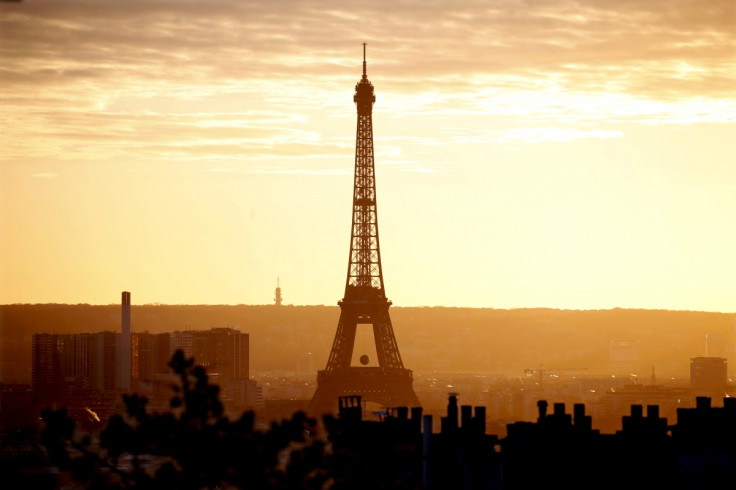COP21: Draft agreement from Paris climate change talks released though big holes remain

Little solid news on the progress of negotiations has surfaced over the duration of the COP21 talks, but the latest draft agreement has now been released. While the new version is shorter than the first, it still leaves a number of issues unresolved.
There are queries over whether the aim is to try to reduce global warming by 1.5C by the end of the century, or closer to 2C. There are also discussions over the overall long-term goals of reducing warming by cutting emissions or by long-term global low emissions.
Earlier in the week, Laurent Fabius, the French foreign minister and president of COP21, said his Paris Committee had reported significant improvements to an earlier draft deal, but that the problem of differentiation (how much developed countries will provide developing countries with) remained.
Within the latest draft, there are many options still to be decided on. Fabius said around three-quarters of the brackets from the first draft have now been removed and that "we've made progress but still a lot of work remains to be done". At present, the draft agreement is 29 pages. The version released on 6 December was 48 pages. COP21 talks are scheduled to end on 11 December.
Optimism at COP21
All the world leaders at the opening of COP21 pledged their support for reducing emissions, and optimism surrounding the conference has continued over the two weeks. Indeed, US president Barack Obama and Indian prime minister Narendra Modi recently spoke on the phone and emphasised their desire to reach a secure and long-term agreement. A statement from the White House said: "Both leaders emphasised their personal commitment to secure a strong climate change agreement this week and their interest in our countries working together to achieve a successful outcome."
Researchers also recently announced that – for first time in history – emissions had stabilised or dropped during global economic growth. This was largely attributed to China and its decreased use of coal. Corinne Le Quéré, who led the study published in the journal Nature Climate Change, said: "Whether a slower growth in global emissions will be sustained depends on the use of coal in China and elsewhere, and where new energy will come from. In 2014, more than half of the new energy needs in China were met from renewable sources such as hydro, nuclear, wind and solar power."
Challenges ahead
Despite the goodwill, big holes still remain in the agreement. Although world leaders appear keen to come to an accord, most of the initial pledges were vague and dependent on promises from other nations. Prior to the start of the negotiations, leading climate scientist Michael Mann said it is important expectations are limited.
"I think it's very unlikely we will come out of Paris with a deal that will get us all the way where we need to be, which most scientists in the field recognise – any more than 2C warming would constitute dangerous interference with the climate," he told IBTimes UK. "Our expectations have to be reasonable. We can't go into Paris thinking we're going to solve the problem in one shot right there. I don't think that's going to happen.
"I think we're going to get even closer and that's going to set an opportunity for the next conference to get even closer. And I think we're on the right track, we're starting to turn the corner now and we just need to accelerate that process and I hope that's what Paris accomplishes."
Also raising concerns about what the deal might entail was Nick Dearden, director of campaign organisation Global Justice Now. Before the latest draft agreement was released, he told IBTimes UK that the US – as one of the biggest greenhouse gas emitters – must pledge to do more and take responsibility for developing countries.
"The US has used this summit to relentlessly undermine the basis of all previous climate deals: that those who've done most to cause climate change have the most responsibility to halt it," he said. "So all the warm words – about limiting global warming at 1.5C – are premised on the idea that the US should do no more than anyone else. For the US, the route to 1.5C is never-ending poverty for some countries to the world. It's economic theft. Look at what the US is saying – no binding emissions reduction targets, no new money to help restructure the global economic model, we'll just outsource our responsibility to the planet to poorer countries
"A deal on this basis would be a disaster. It would not work because it would be so deeply unjust. So let's not buy into the US and EU story that certain developing countries are the problem. They're responsible, and they have nothing like enough on the table."
© Copyright IBTimes 2025. All rights reserved.






















